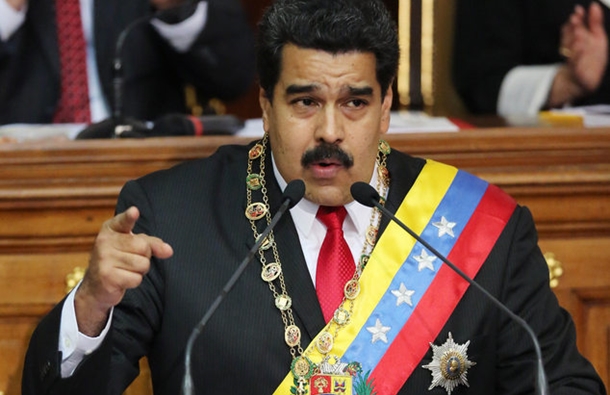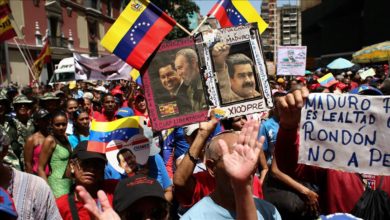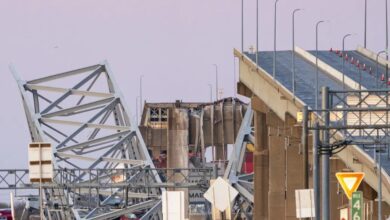 Venezuelan President Nicolás Maduro announced new measures to attempt to fix the country’s ailing economy, which he admitted was “in crisis.”
Venezuelan President Nicolás Maduro announced new measures to attempt to fix the country’s ailing economy, which he admitted was “in crisis.”
During his annual address to the National Assembly, Maduro said the economy had shrunk 2.8 percent in 2014, with inflation running at 64 percent, and steps were needed to tackle the flagging economy for which he was willing to be “crucified.”
International economists, including those from the International Monetary Fund, expect the country will have contracted at least 7 percent.
Among the measures announced by Maduro, in a near three-hour speech broadcast on national media outlets, were plans to reform exchange controls used for the country’s currency, the bolivar.
The bolivar is currently exchanged using a three-tier control mechanism against the U.S. dollar, with the strongest set at 6.3 bolivars for food and medicine.
The other two tiers, pegged at 11 and 50 bolivars and used for nonessential import markets, are to be merged as free-floating exchanges and a new third system offering dollars through “brokerages” introduced, about which further details were not given.
Economists believe this will lead to devaluation but Maduro argued his government had “decided to work on a system that addressed all three markets efficiently.”
Maduro also said Venezuelan crude oil was trading at $38 a barrel, compared to $99 in June last year. The government had calculated its plans for 2015 on the assumption the country’s oil would be trading at $60 a barrel.
The Venezuelan leader recently returned from a major international tour of Russia, China and fellow OPEC nations where he attempted to secure financial help and cooperation on pushing up falling oil prices, which have plummeted more than 50 percent since June 2014.
Venezuela, whose economy depends almost exclusively on revenues from oil sales, has seen long lines at shops and supermarkets in recent months, with many staple products unavailable or in scarce supply.
Maduro blamed the opposition for trying to destabilize the country, briefly mentioning the mass anti-government protests that resulted in the deaths of more than 40 anti- and pro-government supporters last year. He also accused the United States of waging an “economic war” against Venezuela.
During the speech, opposition leader Henrique Capriles tweeted that the PSUV-ruled government was to blame for the country’s economic woes: “They have destroyed production … That’s the cause of the lines, not the lies they are telling.”
Despite the economic uncertainty, Maduro praised the country’s achievements, including record-low unemployment of 5.5 percent, and pledged the minimum wage would increase by 15 percent beginning Feb. 1.
He also announced increases to pensions and student scholarships, and a plan to provide 400,000 new homes.
However, with national parliamentary elections later this year, Maduro did not offer plans that would lead to painful cuts or price hikes.
Venezuelans currently enjoy vastly subsidized fuel prices, and although Maduro said this was a “distortion” that needed to be discussed, it is unlikely this will change before the nation heads to the polls.
[adrotate group=”10″]
 Venezuelan President Nicolás Maduro announced new measures to attempt to fix the country’s ailing economy, which he admitted was “in crisis.”
Venezuelan President Nicolás Maduro announced new measures to attempt to fix the country’s ailing economy, which he admitted was “in crisis.”

